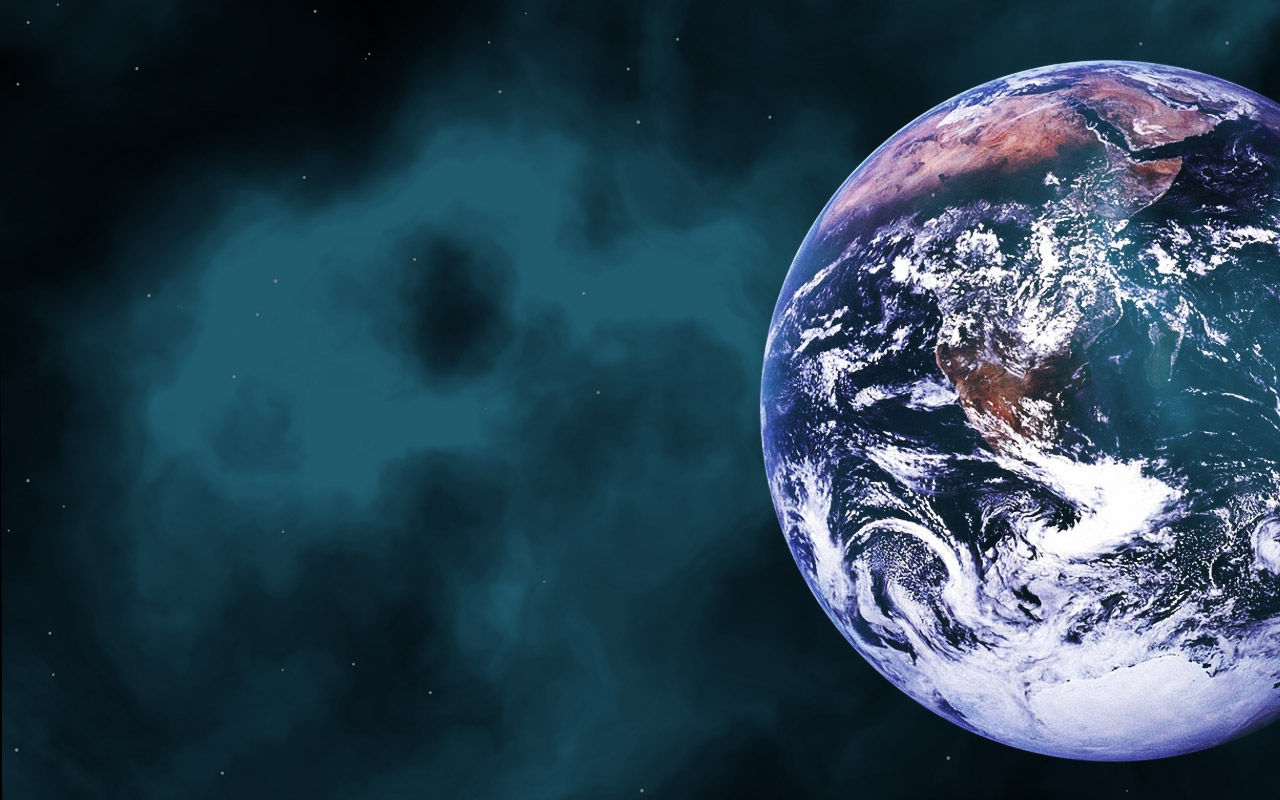

Manifesto
Do you know and care about yourself enough to understand and care for your surroundings? Do you see how you affect the Planet and the Planet affects you? Contemporary archetypal psychologist James Hillman condemned the diagnosis of diseases as primarily being rooted in individuals. A sick Planet will have sick people living in it, and vice versa. We are one with the world we live in, thus, as our environment affects our emotional and spiritual life deeply, we also reflect the state of our Psyche on it.
Let us examine our lives. How can we describe our relationship with ourselves and the world? What is our purpose and motivation in life? What gives us the strength to wake up every day? In the Vth century B.C., Socrates said ‘the unexamined life is not worth living’. Shedding light onto people’s most profound concerns and questionings, and how these relate to the situation and, ultimately, the environment they live in, is of utmost importance for human and natural wellbeing. In other words, being aware of the forces at play at the psychological level and how these forces manifest in the world is fundamental to healing and regeneration.
The profound disconnect with our natural instincts has divided us from the nature ‘outside’. We have polluted oceans, land and the atmosphere thinking of these systems as ‘open sewers’, citing Vice President Al Gore’s Climate Reality talks. We tend to believe that the ‘nasty stuff’ we throw into our environment will be forever gone, in the same way we repress our ‘dirty thoughts’, fears and anxiety in the unconscious, hoping for them to disappear. Climate change and pandemics will then seem to emerge from an unknown place, much to our surprise; similarly, individual fears will rise back to haunt us and claim our attention. As long as we do not deal with the ‘removed’ elements in our lives, our disengagement from nature will manifest in depression, panic, or deeply rooted anger and frustration that will undoubtedly end up fueling the (social and) environmental imbalances the world suffers today. Common sense is spot on: ‘what goes around comes around’, they say.
The fight for an ecological transition is first and foremost a strife to rebuild our connection with the world. This comes at the price of examining our lives, as Socrates urged us to do. Throughout the industrial era until this day we have upheld a positive, rational view of man, whereby he controls and disposes of nature to his benefit. We have forgotten that throughout millennia human evolution equipped us with reflexes and instincts, but also habits, prevalent spirituality, and cultural norms that supported a sustainable relation with our environment. Somehow, the rational approach has been morally validated as superior to the natural one, as if Prometheus had imposed himself on us with his defiant attitude towards the gods of the Olympus. However, getting acquainted even with the darkest, unconscious, and more instinctual or natural aspects of our personality, has proven to be the only sustainable therapy, in that it enables us to take responsibility for our complex human nature.
‘Know Thyself’ is the key to self-realization and the condition for a better world. There is a deep connection at the psychical and spiritual level between human beings and the world they live in. A balanced character develops where the rational inclination to dominate nature and the illusion to be ‘in control’ is corrected by a broader view of things. When we realize that our conscience is just a tiny parcel of a whole which holds great power over us, and that what we mistakenly condemn as ‘irrational’ impulses indeed have their own logic and reason for being, we sync in with the sound of music, with the full expression of possibilities, and open the door to transformation.
Hence, as we reconcile with our nature and acknowledge the purpose behind the full range of human experience, it becomes clear to us that the world, too, needs urgent care. After all, ecology and economics have something in common: their root (their very nature) is the same. Reconciliation between the natural and the human, the irrational and the rational, is not only possible, but necessary. Only by becoming familiar with the underlying forces that move the world and us in it, by understanding their relatedness, can we attempt to manage and find solutions to the greatest challenges of our era. The ecological transition, with its biodiversity, economic, social, and health underpinnings is, certainly, on top of the list.
We advocate for less pills, more nature inside and outside of us. Let us become sustainable beings for a sustainable world!
